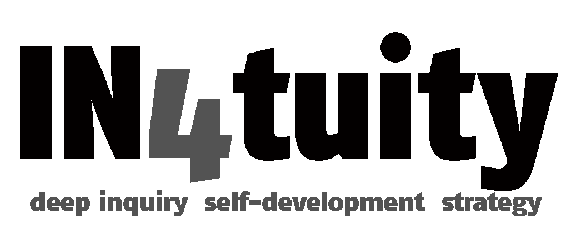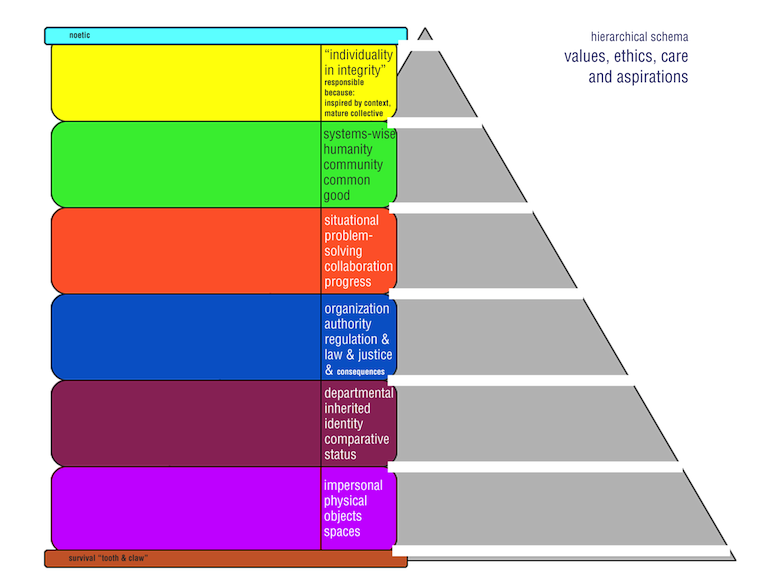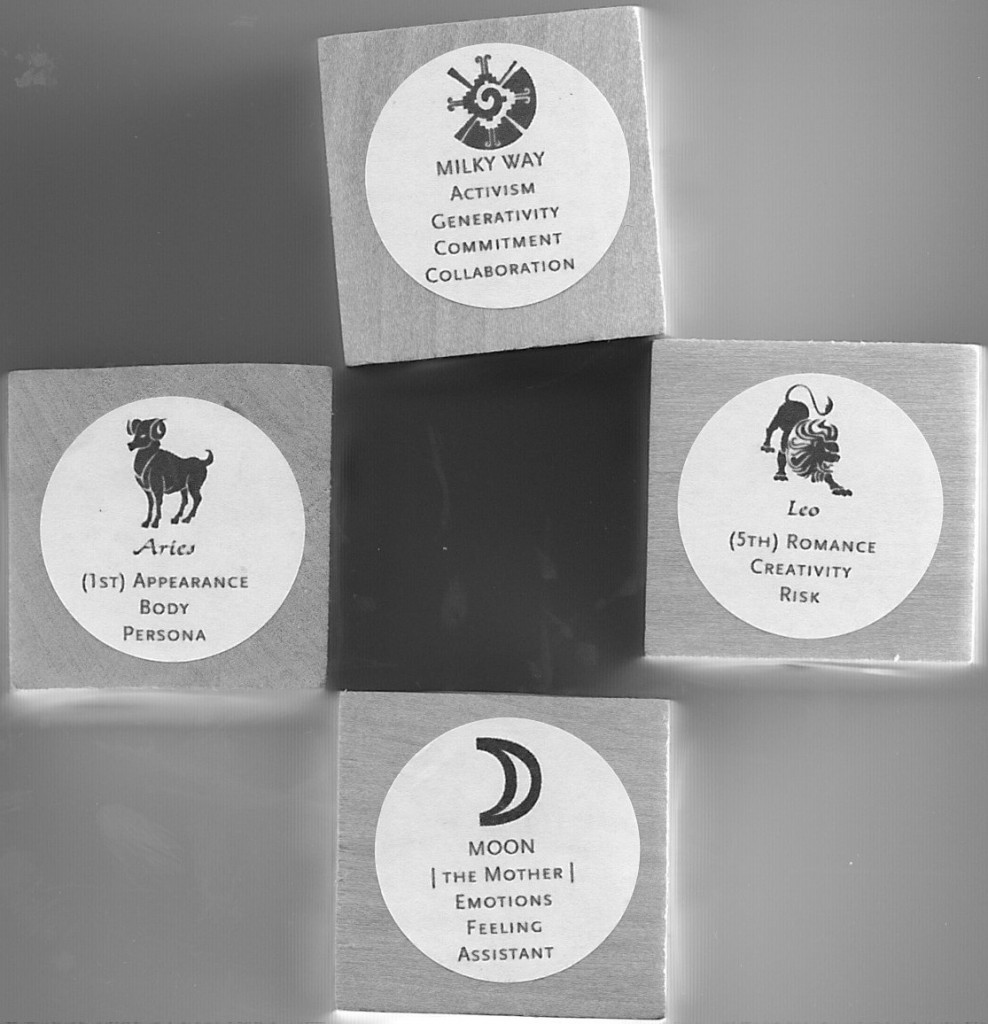Working in partnership with Kenneth Warren, squareONE formulates a brain trust focused on supporting leadership and visionary goals in public libraries. We support leadership and ambitious organizational goals by helping build sustainable capacity in organizations.
Our approach can be distilled: we use deeply intentional experiential inquiries to help leaders and staff and stakeholders interrogate the core propositional bindings and history of the institution. Then, we work to help the leadership reinvigorate and reanimate, or reconfigure, both the necessary bindings at the core, and build sustainable new initiatives. IN4tuity‘s unique capabilities are the result of joining together Kenneth’s long expertise in daily, practical and humanistic institutional leadership in the public library, with Stephen’s innovative skills in guiding transformative learning.IN4tuity‘s developmental tools are not like those found in normative organizational and leadership development. Their fundamental thrust is directed toward instantiating self-awareness via praxis. Nothing ever gets pulled off any shelf. Everything is purpose-built and fit to address mundane and audacious objectives.
Because of the passing on of my dear friend, colleague, partner in IN4tuity, Ken Warren, on May 21, 2015, IN4tuity will not in the future be working in the areas of public library leadership development or strategy. IN4tuity has been subsumed by squareONE:experiential toolmakers. squareONE: experiential toolmakers, when aimed to support the mission of public libraries, provides experience-based staff development and assistance for serendipity-based and strategic curation.
(July 27, 2015) I have pulled the plug on the stand-alone IN4tuity. Its web name and web site expire on August 8.
This post captures the language of the project, etched onto the web site. IN4tuity lasted from February 2013 until May 2015. Ken and I spent probably something like 500+ hours discussing libraries over the past six years and especially between December 2012-and August 2014. Ken hoped to renew humanistic librarianship in the digital age, and, I hoped to assist him, and, inspire library staff to transform themselves into learning advocates. Hmmm, I guess this joined two revolutions!
Transcendently bittersweet.





